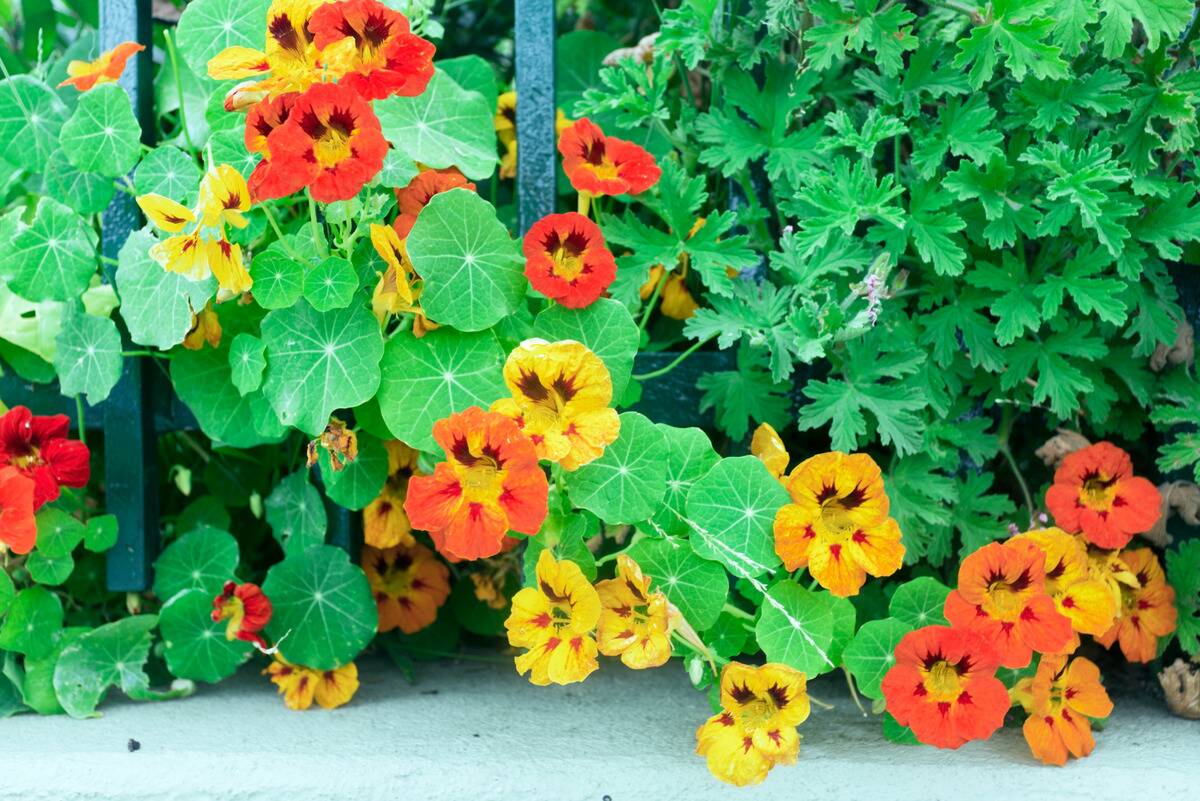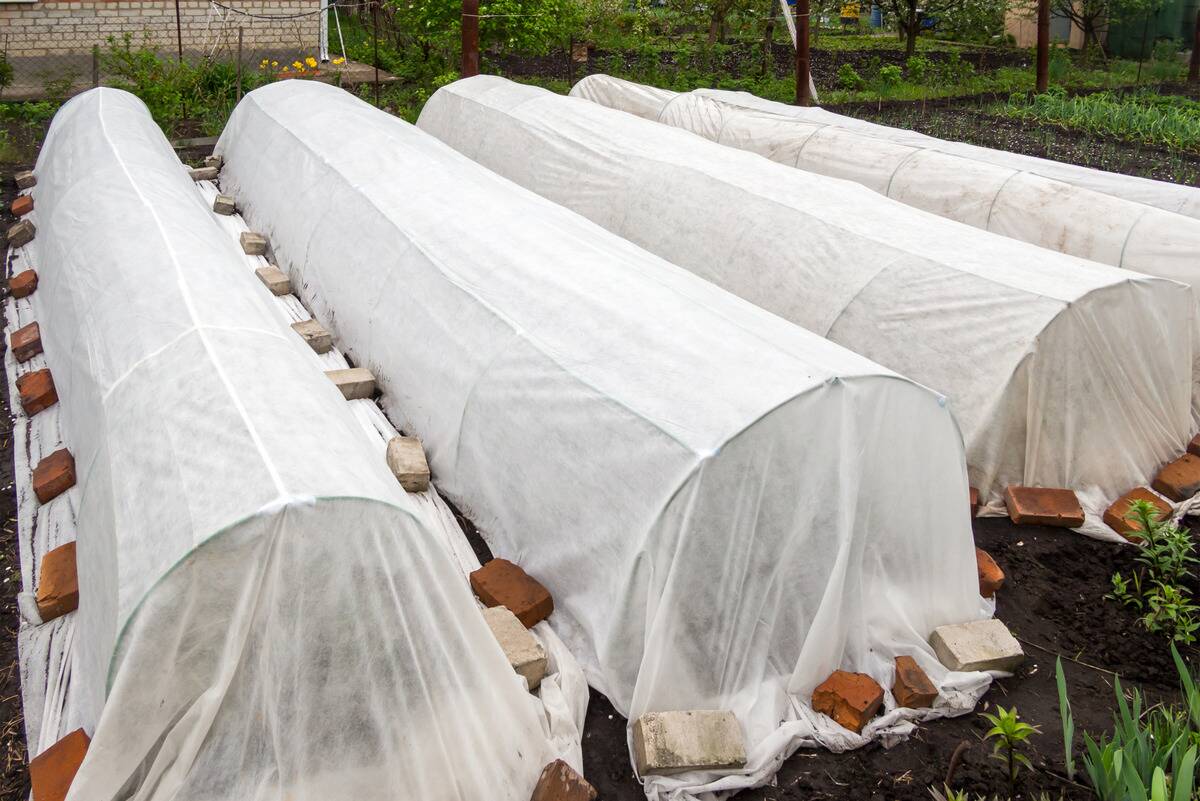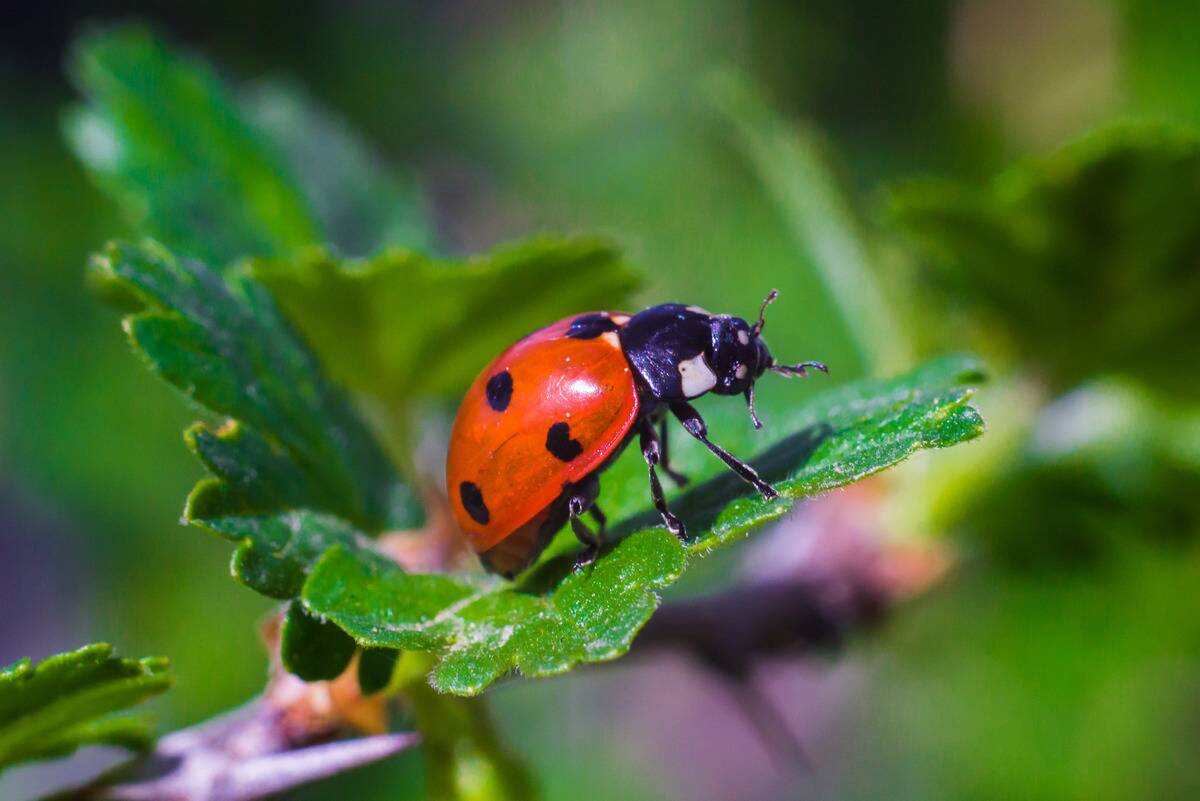5 Clever Ways to Protect Your Garden from Pests Without Pesticides
Keeping a garden healthy and vibrant is hard enough without bugs and critters turning it into their personal buffet. But reaching for chemical pesticides can often do more harm than good—killing helpful insects, leaching into your soil, or affecting local plants and pets. The good news? There are smarter, natural ways to defend your garden. Here are five clever, pesticide-free tricks that really work.
1. Plant "trap crops" to lure pests away

Instead of trying to fight off pests altogether, let them feast (just not on your favorite plants). Trap crops are sacrificial plants that attract pests away from the ones you actually care about. For example, nasturtiums are loved by aphids and can keep them away from vegetables like kale or broccoli. Similarly, radishes can lure flea beetles away from eggplants.
It sounds counterintuitive to plant something for bugs, but it works by giving them an easier target. Just be sure to keep an eye on these trap crops so they don't turn into insect breeding grounds.
2. Use physical barriers like row covers and collars

Sometimes the simplest solutions are the most effective. Lightweight row covers made of mesh or fabric can physically block insects from reaching your plants, especially when your plants are in their most vulnerable growing stages. You can even use old window screens or mosquito netting if you're in a pinch.
For soil-dwelling pests like cutworms, try putting cardboard collars around the base of young plants. It’s a quick DIY that keeps invaders from chewing through tender stems before your plants even get a chance to grow.
3. Encourage natural predators to move in

Ladybugs, lacewings, birds, and even frogs can be some of your garden's best allies. These helpful creatures feast on the same bugs you’re trying to get rid of—aphids, mites, beetles, and more. You can attract them by planting flowers like dill, fennel, and yarrow, which provide nectar and pollen.
Adding a birdbath or even a small pond feature can help attract birds and frogs. Just avoid using any chemicals that would poison them along the way—let them do what they do best naturally.
4. Make your own garlic or chili spray

You don't need to go full mad scientist here, just blend a few cloves of garlic or some hot chili peppers with water, strain it, and spray it on your plants. These natural sprays repel many common pests without harming your garden.
They won’t kill insects outright, but they’ll make your plants far less appetizing. Just reapply after it rains and always test a small area first to make sure your plants can handle it.
5. Practice good garden hygiene and crop rotation

Pests love messy, neglected gardens. Dead leaves, leftover plant debris, and overcrowded plants create hiding places and breeding grounds. Cleaning up fallen fruit, pruning regularly, and spacing plants out properly can make a huge difference.
Also, rotating your crops every season disrupts the life cycle of pests and diseases that tend to stick around when the same plants are grown in the same spot year after year. It's not glamorous, but it’s one of the most effective long-term strategies for a healthy garden.
You don't have to choose between a bug-free garden and a chemical-free one. By using the right strategy and staying consistent, your garden can thrive naturally. No pesticides required!





